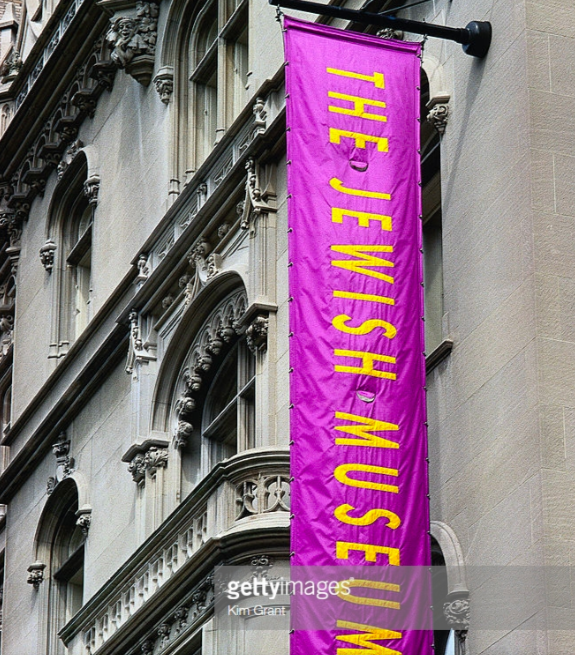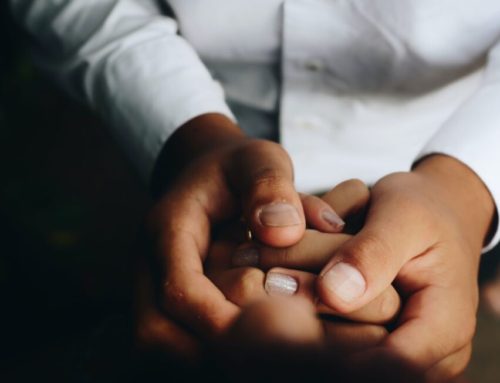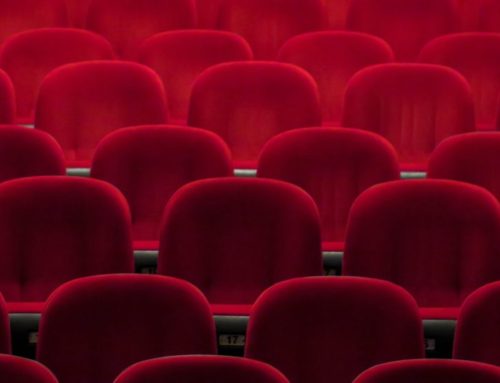The Charatan Family Foundation has long fortified local nonprofits that support the arts, culture, and distinguished Jewish initiatives. The Jewish Museum checks all of those boxes, making it a natural choice for our charitable investment. Located along New York City’s Museum Mile, The Jewish Museum has been a beloved destination since its founding in 1904. It was the first institution of its kind in the United States, and is one of the oldest Jewish museums in the world.
Through its extensive collection of artwork, ceremonial objects and artifacts, The Jewish Museum articulates a collective Jewish experience that’s inclusive of many voices and informed by many viewpoints. The collection spans countries across the globe and stretches back through more than 4,000 years, from the ancient to the contemporary. The Jewish Museum is arguably the most ambitious exploration of Jewish culture and identity on display today, featuring seminal exhibitions, a comprehensive educational program, and interactive features that engage visitors of all ages and backgrounds.
One of the largest and most important collections in the world, the Jewish Museum currently contains over 30,000 objects, which include paintings, sculptures, works on paper, photography, installations, media, archeological artifacts, antiquities, and ceremonial objects. Excluding Israeli museums, The Jewish Museum houses the largest collection of Jewish art and cultural artifacts in the world.
Current exhibits include the cross-disciplinary, contemporary artwork of Camille Chaimowicz; the Expressionist paintings of Chaim Soutine; and the paintings of contemporary artist Eliza Douglas. There’s also Archaeology Zone: Discovering Treasures from Playgrounds to Palaces, an interactive exhibition that allows children to act as archaeologists and analyze artifacts for clues that can place the objects in their appropriate historical time, place and context. The Museum’s ongoing exhibition, Scenes from the Collection, features over 600 pieces of art and artifacts, many of which are on view for the very first time. For this, the building’s entire third floor is used to showcase Jewish art and artifacts together, in the hopes of highlighting Jewish values and affirming how those convictions are shared among people of all faiths and backgrounds around the world.
In the Museum’s careful efforts to show the diversity of Jewish experience, the collection is divided into seven different sections that reveal how art and the presentation of history are shaped by context and perspective. Together, these seven elements speak to the many strands of Jewish tradition, culture, spirituality, and history, harnessing multiple perspectives on what it means – and has meant throughout history – to be Jewish. Artists include Diane Arbus, Salvador Dali, Gustav Klimt, Annie Leibovitz, Pablo Picasso, Henri de Toulouse-Lautrec, Wim Wenders, Jonathan Adler, Miriam Schapiro, Alice Aycock, and many, many others. Since the 1960s the Museum has actively engaged in the contemporary art scene. Its exhibition Primary Structures is credited with helping to launch the Minimalist art movement of the 1960s and 1970s.
In addition to its exhibitions and collections, the Museum holds a range of events, including lectures and conversations, author talks, film screenings, artist-led studio programs, performances and concerts, and the New York Jewish Film Festival, which it launched in 1992.
In a time when so much rhetoric and hateful speech has been wielded in a divisive attempt to magnify and demonize our differences, The Jewish Museum is an important institution that celebrates those differences within the context of their universality, reminding us of our humanity and the similarities at our core. At the Charatan/Holm Foundation, we believe in supporting organizations that foster stronger communities, and The Jewish Museum continues to contribute to our city’s vibrancy, while influencing Jewish dialogue, discourse and unity around the world.
This post originally appeared on Debrah Lee Charatan’s Philanthropy blog






